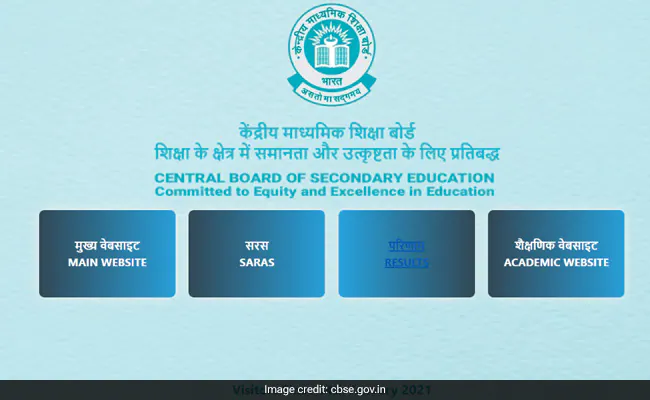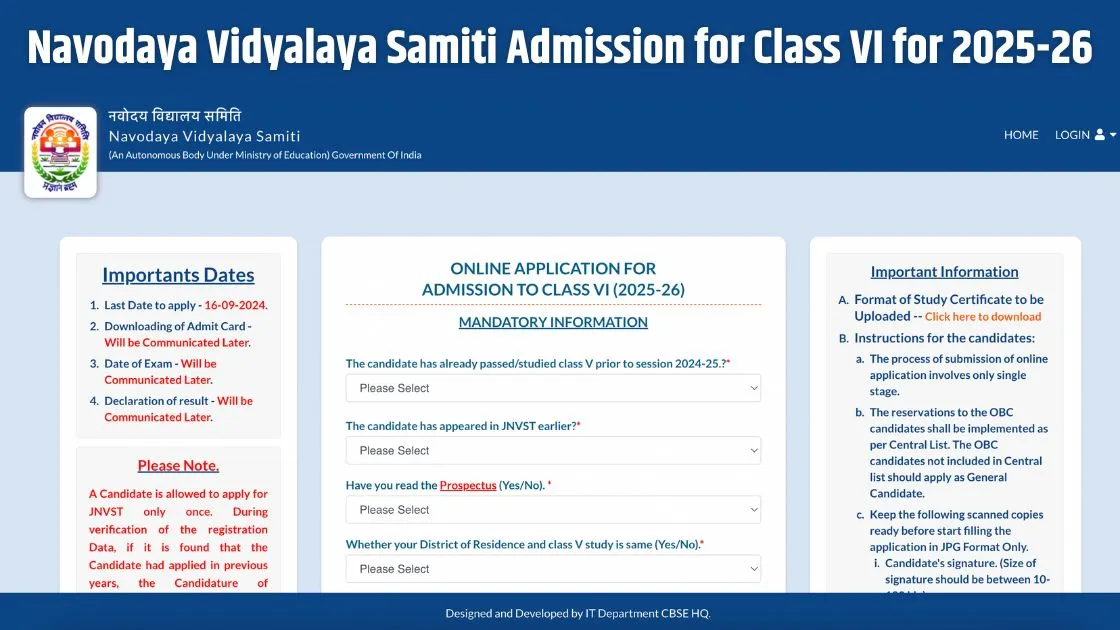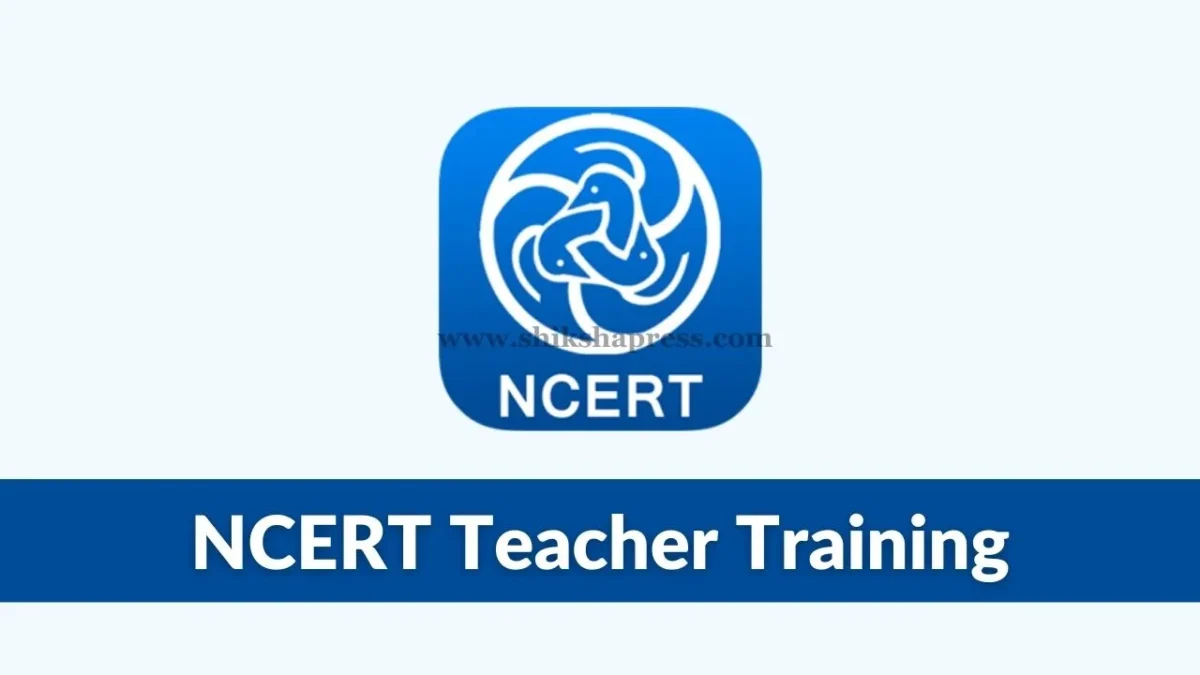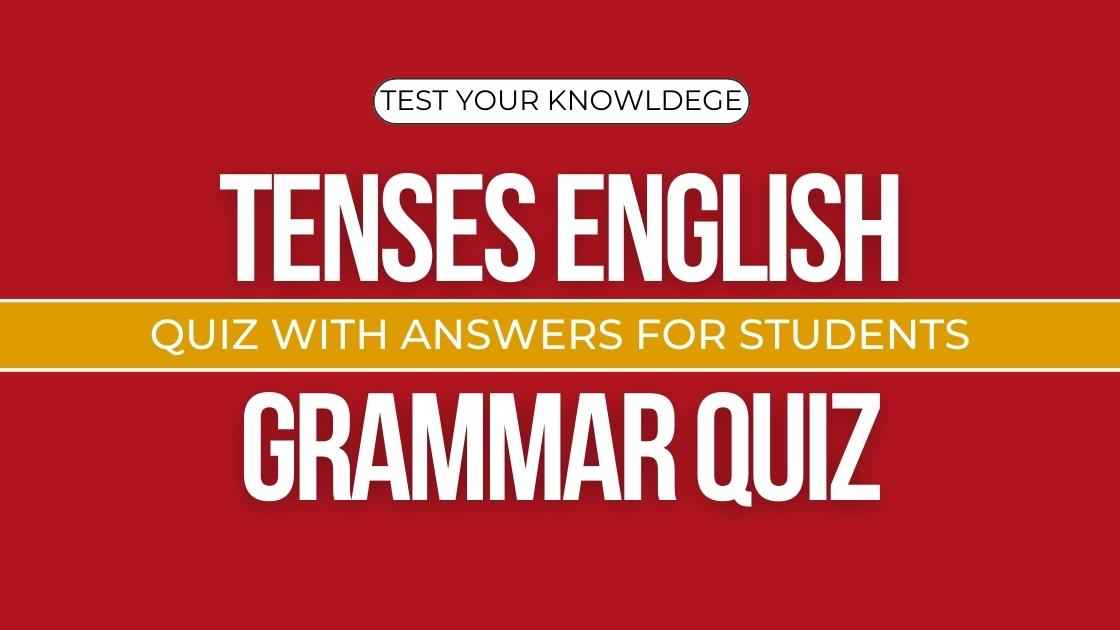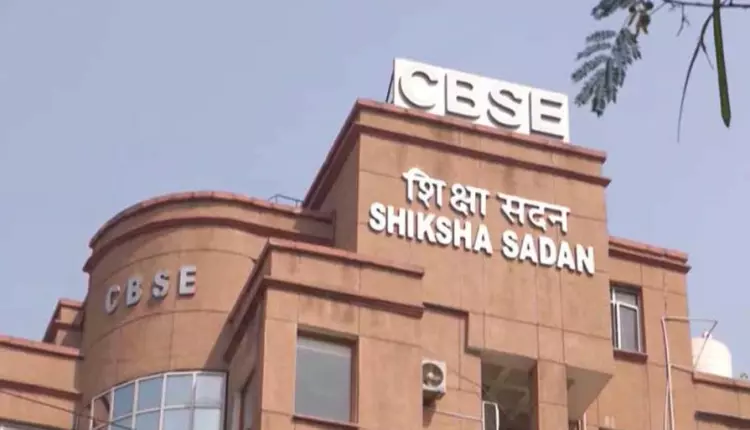NIPUN BHARAT निपुण भारत – FOUNDATIONAL LITERACY AND NUMERACY
NATIONAL INITIATIVE FOR PROFICIENCY IN READING WITH UNDERSTANDING AND NUMERACY
| NIPUN BHARAT |
NATIONAL INITIATIVE FOR PROFICIENCY IN READING WITH UNDERSTANDING AND NUMERACY |
| Announced Date | July 5th, 2021. |
| Ministry |
CBSE , Department of School Education & Literacy Ministry of Education |
| NIPUN BHARAT For | Children of age group of 3 to 9 years |
NIPUN – NATIONAL INITIATIVE FOR PROFICIENCY IN READING WITH UNDERSTANDING AND NUMERACY
What is Full Form of NIPUN Bharat ?
Full form of NIPUN Bharat Programme is the National Initiative for Proficiency.
Why Foundational Literacy and Numeracy?
The future of our children and India’s ambition of maximising its demographic dividend depend on whether children attain these basic reading and maths skills by Class 3.
Class 3 is considered the inflection point by which children are expected to ‘learn to read’ so that they can ‘read to learn’ after that.
Those who fail to attain these basic literacy and numeracy skills find it difficult to catch up in later years and risk dropping out of school.
FLN skills enable children to learn more meaningfully in higher classes and acquire 21st Century skills like problem-solving and critical thinking.
What is Foundational Literacy and Numeracy FLN ?
FOUNDATIONAL LANGUAGE AND LITERACY The pre-existing knowledge of language helps in building literacy skills in languages. The key components in Foundational Language and Literacy are:
Oral Language Development
Includes improved listening comprehension; oral vocabulary and extended conversation skills. The experiences in oral language are important for developing skills of reading and writing.
Decoding : Involves deciphering written words based on understanding the relationship between symbols and their sounds.
Reading Fluency : Refers to the ability to read a text with accuracy, speed (automaticity), expression (prosody), and comprehension that allows children to make meaning from the text. Many children recognise aksharas, but read them laboriously, one-by-one.
Reading Comprehension: Involves constructing meaning from a text and thinking critically about it. This domain covers the competencies of understanding texts and retrieving information from them, as well as interpreting texts.
Writing: This domain includes the competencies of writing aksharas and words as well as writing for expression
FOUNDATIONAL NUMERACY Foundational Numeracy means the ability to reason and to apply simple numerical concepts in daily life problem solving. The major aspects and components of early mathematics are:
Pre-number concepts : Count and understand the number system
Numbers and operations on numbers: Learn conventions needed for mastery of Mathematical techniques such as the use of a base ten system to represent numbers
Shapes and Spatial Understanding : Perform simple computations in her/his own way up to three-digit numbers and apply these to their day to life activities in different contexts
Measurement Understand and use standard algorithms to perform operations of addition, subtraction, multiplication and division on numbers up to three digits.
Data Handling: Identify and extend simple patterns starting from repeating shapes to patterns in numbers, interpret simple data/information in his/her daily life activities.
What is the mission and vision of NIPUN Bharat ?
National Mission: NIPUN BHARAT Vision – The vision of the Mission is to create an enabling environment to ensure universal acquisition of foundational literacy and numeracy, so that by 2026-27 every child achieves the desired learning competencies in reading, writing and numeracy at the end of Grade III and not later than Grade V.
National Mission: OBJECTIVES of the Nipun Bharat Mission
The Nipun Bharat programme will be implemented in the mission mode, with the use and strengthening of the existing mainstream structures. The Department of School Education and Literacy, Ministry of Education (MoE) will be the implementing agency at the national level and will be headed by a Mission Director:
- To ensure an inclusive classroom environment by incorporating play, discovery, and activity-based pedagogies, linking it to the daily life situations of the children and formal inclusion of children‟s home languages.
- To enable children to become motivated, independent, and engaged readers and writers with comprehension possessing sustainable reading and writing skills.
- To make children understand the reasoning in the domains of number, measurement, and shapes; and enable them to become independent in problem solving by way of numeracy and spatial understanding skills.
- To ensure availability and effective usage of high-quality and culturally responsive teaching learning material in children‟s familiar/home/mother language(s).
- To focus on continuous capacity building of teachers, head teachers, academic resource persons and education administrators.
- To actively engage with all stakeholders i.e., Teachers, Parents, Students and Community, policy makers for building a strong foundation of lifelong learning.
- To ensure assessment „as, of and for‟ learning through portfolios, group and collaborative work, project work, quizzes, role plays, games, oral presentations, short tests, etc.
- To ensure tracking of learning levels of all students.
Academic approaches
The Learning outcomes for Foundational learning have been divided into 3 Development goals.
Effective Communication (EC)
Health and Wellbeing (HW)
Involved Learners (IL)
The Learning outcomes for Foundational learning have been divided into 3 three developmental goals: Goal 1-HW (Health and Wellbeing), Goal 2-EC (Effective Communicators), Goal 3-IL (Involved Learners). Key competencies of each goal have also been identified.
The developmental goals have been further divided into six levels corresponding to the 3 years of ECCE followed by 3 years of schooling.
Each learning outcome has been given a number/code for easy identification and referencing. It is important to understand that these numbers are not hierarchical, but these experiences can be provided simultaneously in an integrated way.
Holistic Development of a child (Form banega )
Goal 1: Children maintain good health and wellbeing /
KEY COMMPETENCIES – Learning Outcomes: One or more LOs for every competency
Goal 2: Children become effective communicators /
KEY COMMPETENCIES – Learning Outcomes: One or more LOs for every competency
Goal 3: Children become evolved learners and connect with their environment /
KEY COMMPETENCIES – Learning Outcomes: One or more LOs for every competency
Learning Goals of the Nipun Bharat Mission :
Balvatika : Arranges numbers/objects/shapes /occurrence of events in a sequence
Recognizes and reads numerals up to 10.
Recognises letters and corresponding sounds
• Reads simple words comprising of at least 2 to 3 alphabets.
Grade 1
Perform simple addition and subtraction
• Read and write numbers up to 99
Reads small sentences consisting of at least 4-5 simple words in an age appropriate unknown text.
Grade 2
Subtract numbers up to 99
Read and write numbers up to 999
45-60 words per minute.
Read with meaning
Grade 3
• Read with meaning
• at least 60 words per minute
• Read and write numbers up to 9999
• Solve simple multiplication problems
Learning Assessments : A holistic and purposive assessment is vital to track children‟s progress by using different techniques to help the stakeholders to: Assessment is vital to track children‟s progress in a continuous and comprehensive manner using multiple techniques of assessment. It aims at early identification of learning gaps at each foundational stage i.e., at FYL-1, FYL-2, FYL-3, FYL-4, FYL-5 and FYL-6 including children with special needs so that there can be possibilities of early intervention through referral to specialists.
A holistic and purposive assessment is vital to track children‟s progress by using different techniques to help the stakeholders to:
Identify the child‟s strengths, needs, interests and preferences.
Potentiate child‟s performance and scaffold it through interventions
Collaborate to solve issues and areas of concerns.
Contribute to early identification of learning gaps and learning difficulties
Assessment during the foundational learning can be broadly categorized into two major areas, namely
School Based Assessment (SBA) : SBA at the foundational stage should be stress-free and largely through qualitative observation based on performance of the child in a multitude of experiences and activities.
Large-scale standardised assessment : Large scale assessment data at the State, National or the International level focuses on the „System‟ and describes the educational health of the nation, state or district.
Pedagogy for creating an inclusive classroom
• Emphasis on Child Centred Pedagogy
• Emphasis on interactive classroom including authentic, appropriate, and accessible toys and materials.
• Toy-based pedagogy
• Activity based/ experiential learning
• Play based • Art-integrated/sport-integrated
• Story-telling-based
• ICT-integrated learning
“Contextualisation materials keeping in view the • ICT-integrated learning linguistic and social diversity of each State/UT”
Empowering Teachers : Specific Teacher Training Modules focusing on FL&N will be designed through NISHTHA FLN-NISHTHA will contain a specific module on peer learning and how parents can be utilized as volunteers in the schools. In view of the challenges of in-service teacher training across the different stages of school education, NCERT has designed an innovative integrated programme of teacher training, now, popularly known as NISHTHA (National Initiative for School Heads‟ and Teachers‟ Holistic Advancement)
Specific Teacher Training Modules focusing on FL&N will be designed through NISHTHA
FLN-NISHTHA modules will specifically contain a module on bridging the language barrier and teaching in mother tongue/regional language/home language.
FLN-NISHTHA will contain a specific module on peer learning and how parents can be utilized as volunteers in the schools.
Expanding the scope and use of DIKSHA for FLN
Using DIKSHA to enable Student Learning: range from explanation videos, interactive assessment items, worksheets, reading materials, etc. will be available
Access from the Google Classroom Platform:
-
- Step 1. The Google Classroom link will be available at https://cbsefln.blogspot.com/.
- Step 2. The Google Classroom link will be changed when a cohort is filled out.
- Step 3. Participants are advised to join only one group and use the link available time to join.
- Step 4. Contenders can attend class and assessment using their@cbsedigitaledu.in ID only.
- Step 5. Contenders who are completing the syllabus through Google Classroom link can download their certificate through CBSE training portal link https://cbseit.in/cbse/training/. After 06 September 2021.
Access From Diksha Classroom Platform
- Step First: Download DIKSHA App on your Android Smartphone by clicking on the following link: http://bit.ly/cbse-diksha
- Step Second: Sign in using existing Diksha account or register yourself on Diksha using email id or mobile number.
- Step Three: Explore the Diksha Manch under the ‘Courses’ tab and you can find the “Basic Literacy and Introduction to Numeracy” course under CBSE Training tab.
- Step Four: Get your e-certificate from Diksha.
LITERACY CONTENT
- Along –digital read-along material.
- Reading Comprehension
- Grammar Question Bank
- Children‟s literature- local lore and folk tales
NUMERACY CONTENT
- Explanation Video Type
- Short videos clarifying misconceptions
- Real World Example Videos
- Assessment Banks
- Using DIKSHA to enable Teacher Professional Development
Various teacher training resources including:
• Training modules
• Supportive materials for the training sessions, like hand-outs, videos, reading resources,
• Teaching-learning materials
• Instructional strategies, teacher handbook, activity booklets etc. will also be made available.
School Preparation Module – 85% of a child’s brain develops before the age of 6
“Accordingly, the NCERT has developed 3 Months Play Based „School Preparation Module‟ that can be adapted or adopted by States and UTs as per their need”
NEP-2020 has recommended the development of „3-month play-based „school preparation module‟ for all Grade 1 Students‟ by the NCERT, as an interim measure to ensure that all children are school ready till universal provisioning of quality preschool education is achieved.
A School Preparation Module (SPM) is essentially around 12 weeks of developmentally appropriate instruction at the beginning of Class I designed to bolster a child‟s pre-literacy, pre-numeracy, cognitive and social skills.
It is expected that this module would consist of the activities and workbooks around the learning of alphabets, sounds, words, colours, shapes, and numbers, and involving collaborations with peers and parents.
Administrative Approaches
National Mission: Implementation Mechanism A five-tier Implementation mechanism for the Mission will be set up at the NATIONAL-STATE-DISTRICT-BLOCK-SCHOOL level.
- National Mission
- State Mission
- District Mission
- Block/Cluster level mission
- School Management Committee & Community participation
Role of various Stakeholders & Institutions in the Mission
Role of States/UTs
States and UTs have a critical role to play to achieve the goal of foundational literacy and numeracy by 2025-26, in mission mode. The following activities would need to be ensured:
- Creating multi-year Action plans to achieve their respective FLN targets.
- Contextualise the National Mission by preparing state specific Stage-wise Action Plan based on gaps identified in NAS.
- Ensure availability of adequate number of Teachers in each school at each grade from pre-primary to grade 3 and extensive capacity building of teachers for implementing FLN in mission mode.
- Mapping of database of each child enrolled in foundational grades.
- Identify a pool of mentors to render academic support to teachers.
- Ensuring delivery of textbooks and uniforms to students before the start of academic session.
- School/public libraries will be made integral part of teaching learning process.
- Training of SMC members, awareness drives for parents and community to make them understand the desired level of learning outcome.
Community Involvement
Organise various activities supported by teacher & Aanganwadi sevika/sahayika i.e.
• School readiness melas
• Gunotsava/ Pravashotsav for children and their mothers:
• Reading, quiz competitions, awards and recognitions
Local Bodies/Panchayats
This will encourage children and ensure community involvement.
• Undertake Baseline analysis as prescribed by the State to identify struggling learners and status school/class wise.
• Ensuring 100% enrolment of all children in the Panchayat in schools at appropriate levels.
• Ensuring ZERO drop out and NO out of school children.
• Ensuring all children in foundational years achieve basic minimum proficiency in Literacy and Numeracy.
• Connecting volunteer parents to schools to help the school achieve the FLN goals.
Monitoring and Information Technology Framework
• The Mission at the National level, State Level and district level will monitor Mission activities through IT based solutions which shall include field level child wise monitoring.
• The monitoring framework proposed will essentially be of two types:
o Annual Monitoring Surveys and
o Concurrent Monitoring.
• Further, the priorities for FLN are stated in the goals and these can be achieved by leveraging the existing building blocks such as DIKSHA and UDISE+, which may be enhanced by leveraging opensource tools and solutions for registries and identities while at the same time following the principles and standards set down by NDEAR, as per the following:
NDEAR institutional framework led by MoE may identify the areas where standards, specifications and policies need to be put in place in order to achieve the abovementioned policy goals.
The framework and architecture for the FLN Data collection and measurement should enable automatic data collection and collation from multiple sources and at different frequencies and levels without need for special collection drives, pulling of data from different systems, synchronization, manual uploading etc.
Impact of FLN mission
Emphasis on Activitybased learning. A conducive learning environment to improve the quality of education.
Since almost every child attends early grades, therefore, focus on that stage will also benefit the socio-economic disadvantageous group thus ensuring access to equitable and inclusive quality education.
Assessment to be based on learning outcomes.
It will enable children to keep them in class thereby reducing the numbers of dropouts.
Improvement in transition rate of primary to upper primary.
Intensive capacity building of teachers to make them empowered and provide greater autonomy for choosing the pedagogy.
• Children to achieve steeper learning trajectory which may have positive impacts on later life outcomes and employment.
• FLN will ensure holistic development of the child by focusing on different domains of development
o Physical and motor development o Socio-emotional development
o Literacy and numeracy development
o Cognitive development
o Life skills etc.
Check Nipun Bharat GUIDELINES FOR IMPLEMENTATION Here
Conclusion : The highest priority for the school education system is to achieve universal acquisition of foundational literacy and numeracy skills at the primary level by 2026-27. The National Education Policy 2020 also highlights that a large proportion of students currently in the elementary level have not achieved foundational literacy and numeracy.
In this context, a National Mission on Foundational Literacy and Numeracy called “National Initiative for Proficiency in Reading with Understanding and Numeracy (NIPUN Bharat) is being set up by the Ministry of Education (MoE) on priority. The National Mission lays down priorities and actionable agendas for States/UTs to achieve the goal of proficiency in foundational literacy and numeracy for every child by grade 3.”
topic covered – nipun bharat,nipun bharat mission, what is nipun bharat,full form of nipun bharat,nipun bharat initiative,nipun bharat mission upsc,what is nipun bharat mission,nipun bharat 2021,etv bharat english,nipun bharat anthem,nipun bharat scheme,nipun bharat yojana,nipun bharat program

